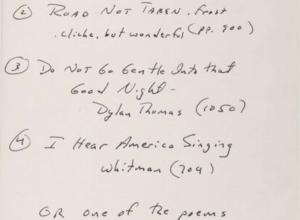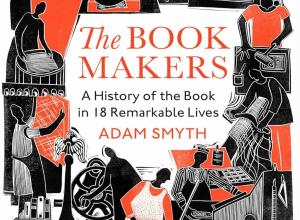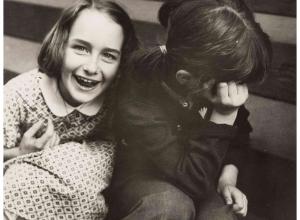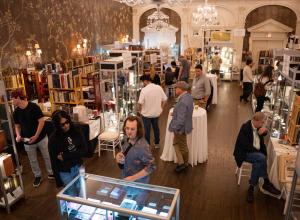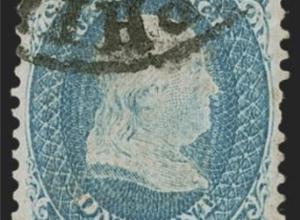Library Acquires Archives of Master Photographer Bob Adelman
The Library of Congress today announced the acquisition of the archives of Bob Adelman, one of the best-known photographers of the Civil Rights Movement of the 1960s. The collection, containing 575,000 high-quality images, was given to the Library as a gift from an anonymous donor.
The materials, which represent a wide range of images covering the latter half of the 20th century, will be housed in the Library’s Prints and Photographs Division. Of the 575,000 images, 50,000 are prints and the rest, negatives and slides.
Adelman (1930-2016) photographed many of the important leaders and events of the Civil Rights Movement, including Martin Luther King and the March on Washington. He also photographed people, events and other social issues of the day (1960-2000), including pop artists Andy Warhol and Roy Lichtenstein and short-story writer and poet Raymond Carver.
Adelman said, “My life’s work, in addition to being about race relations, is about the many and diverse social concerns in the great tradition of American documentary photography: poverty, mental illness, alcoholism, inadequate housing, the immigrant experience, prostitution, delinquency, illiteracy and on and on.”
Born in New York City in 1930, Adelman grew up on Long Island. He earned a bachelor’s degree from Rutgers University and a master’s in philosophy from Columbia University and studied law at Harvard.
Adelman studied photography under Alexey Brodovitch, the famed art director of Harper’s Bazaar magazine. As a working photographer and producer of photographic books, Adelman pursued an avid interest in social and political events. This interest began with coverage of events related to civil rights, such as sit-ins by students across the American South and demonstrations by the Congress of Racial Equality (C.O.R.E.) in the early 1960s. His engagement with issues of social justice continued until his death.
His mentor, Ralph Ellison, once said, “Adelman has moved beyond the familiar clichés of most documentary photography into that rare sphere wherein technical ability and social vision combine to create a work of art.”
Adelman, in an interview several years ago, said, “When I photographed, I was intent on telling the truth as best I saw it and then to help in doing something about it. It was a constant effort not only to document in as honest a way as I could, and to make what I was seeing vivid, but to figure out how to change things.”
Adelman received many honors in recognition of his work, including a Guggenheim fellowship, Art Directors Club awards (New York, Washington and San Francisco), American Institute of Graphic Arts 50 Books awards and the University of Missouri’s School of Journalism Award. He has taught at the International Center for Photography, the New School, the School of Visual Arts, Columbia University, Stanford University, Union College, the University of Minnesota, Ohio State University, the Museum of Fine Arts (Boston) and the Steamboat Falls Workshop.
The Library of Congress Prints and Photographs Division preserves and provides access to nearly 16 million photographs, drawings and prints from the 15th century to the present day. International in scope, these visual collections represent a uniquely rich array of human experience, knowledge, creativity and achievement, touching on almost every realm of endeavor: science, art, invention, government and political struggle, and the recording of history. For more information, visit loc.gov/rr/print/.
The Library of Congress is the world’s largest library, offering access to the creative record of the United States—and extensive materials from around the world—both on site and online. It is the main research arm of the U.S. Congress and the home of the U.S. Copyright Office. Explore collections, reference services and other programs and plan a visit at loc.gov, access the official site for U.S. federal legislative information at congress.gov, and register creative works of authorship at copyright.gov.






